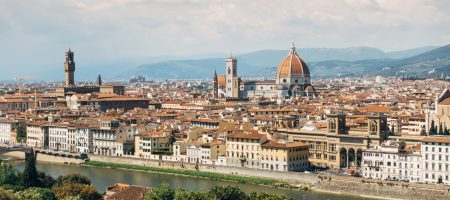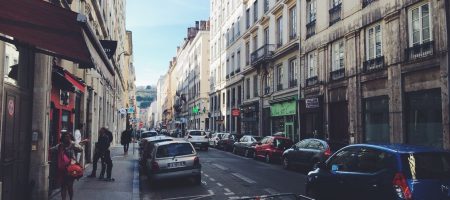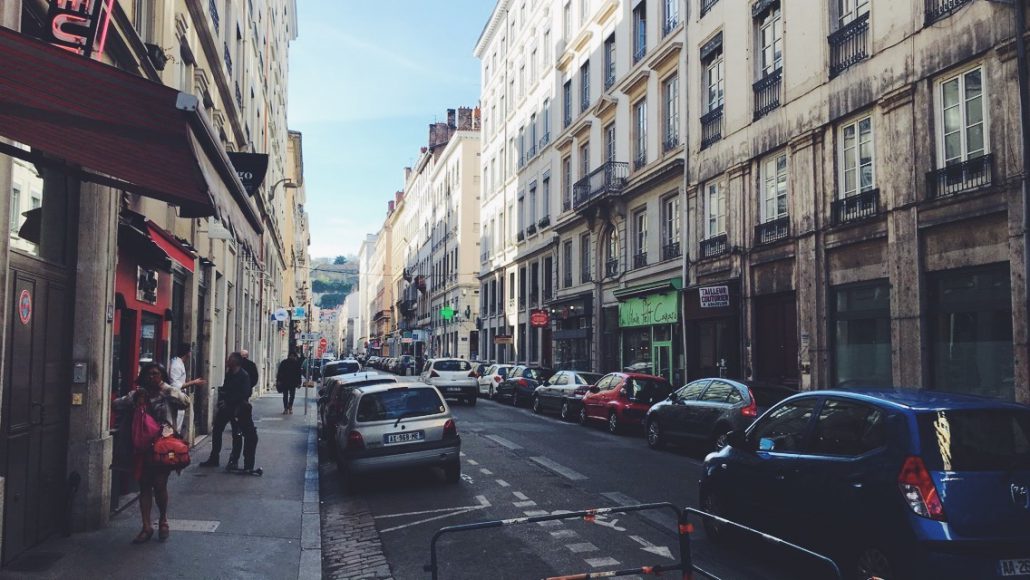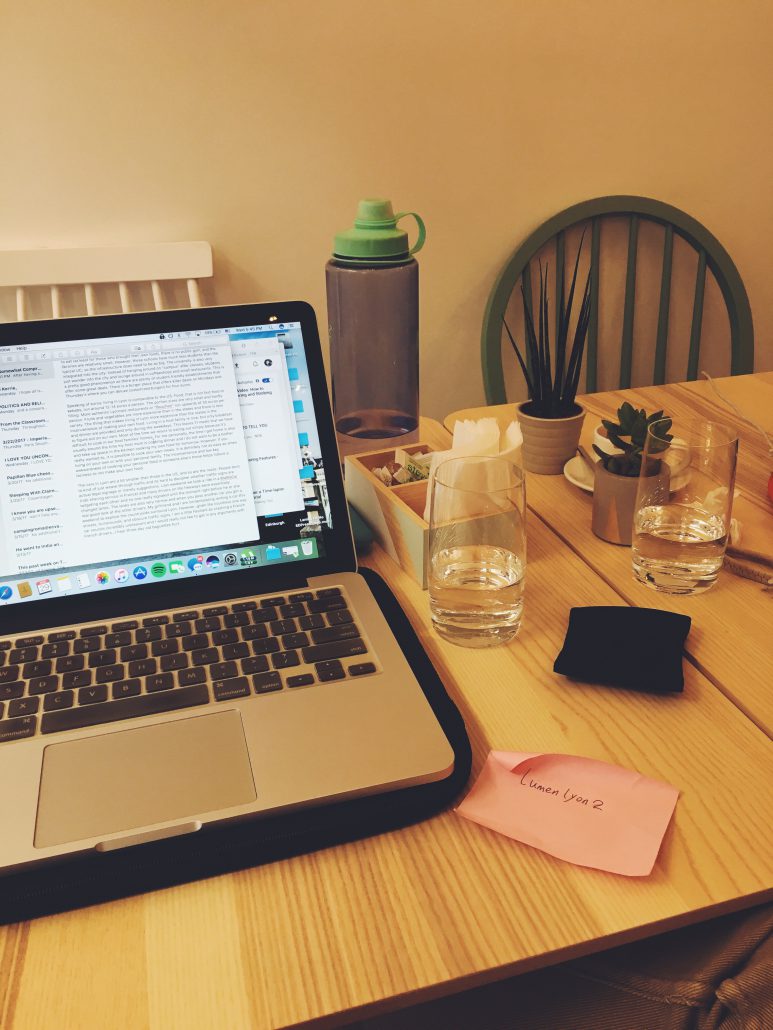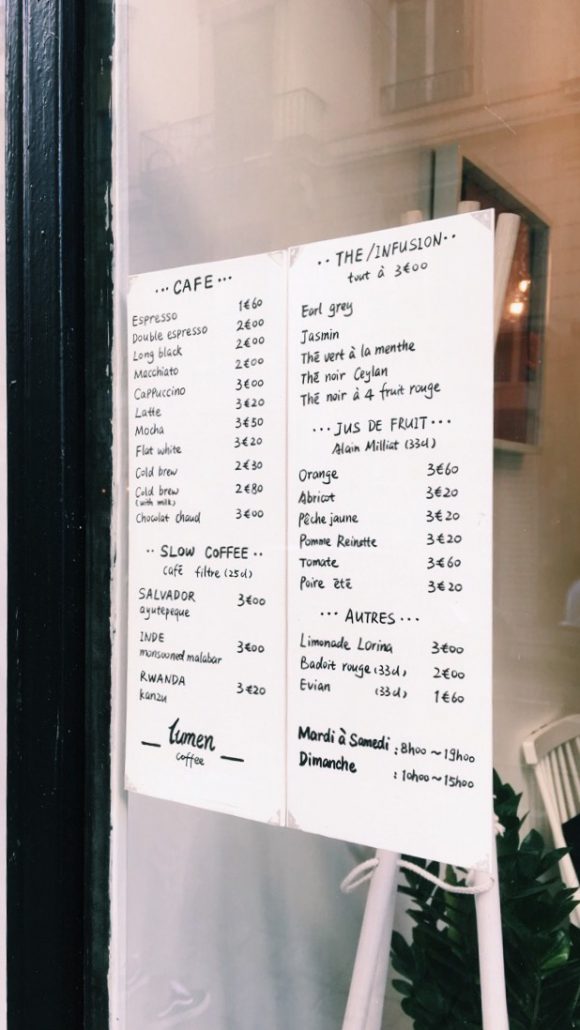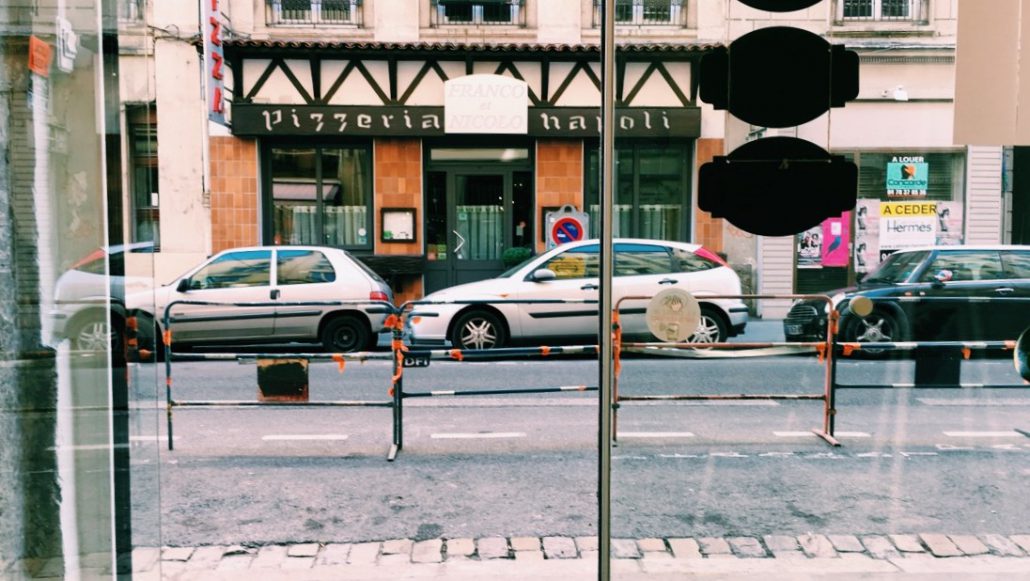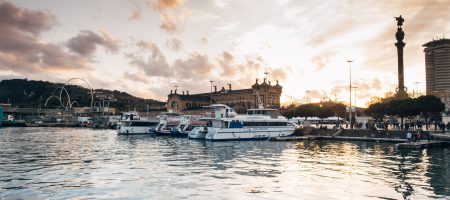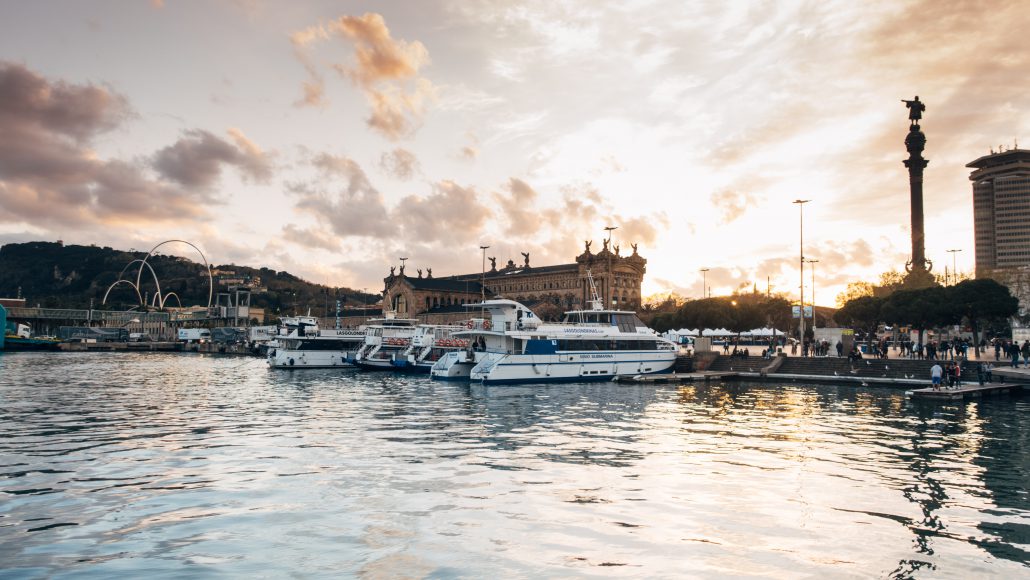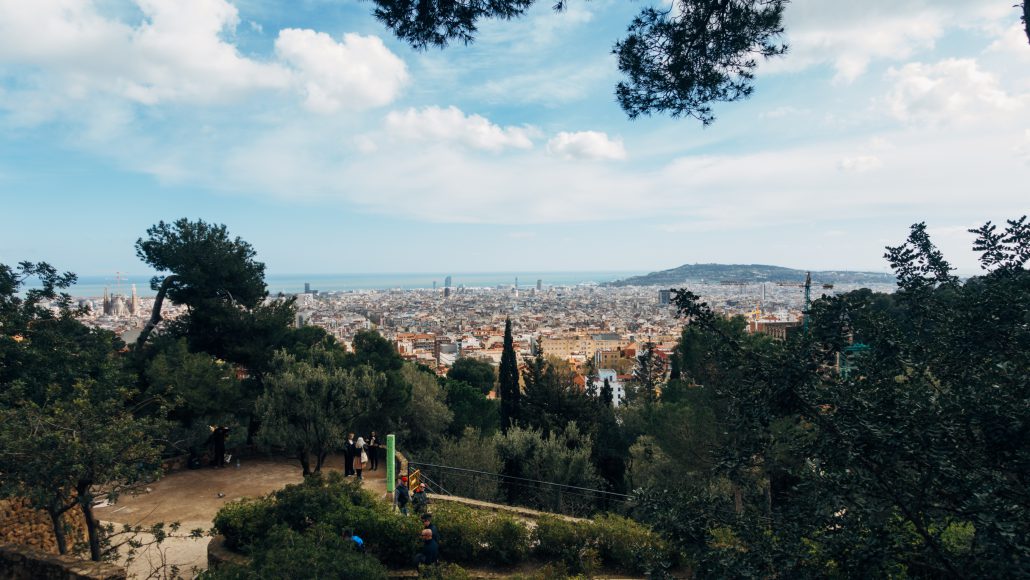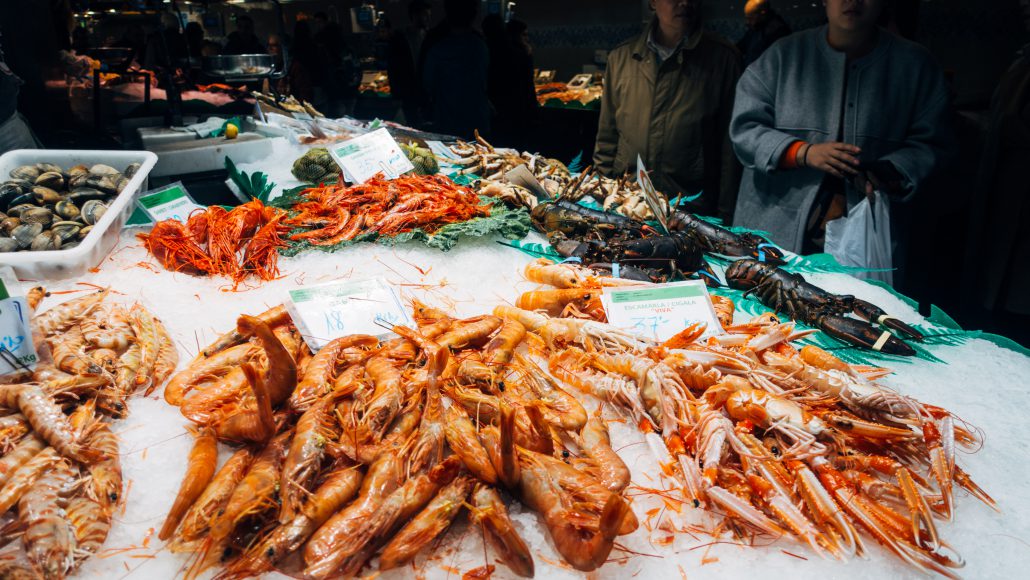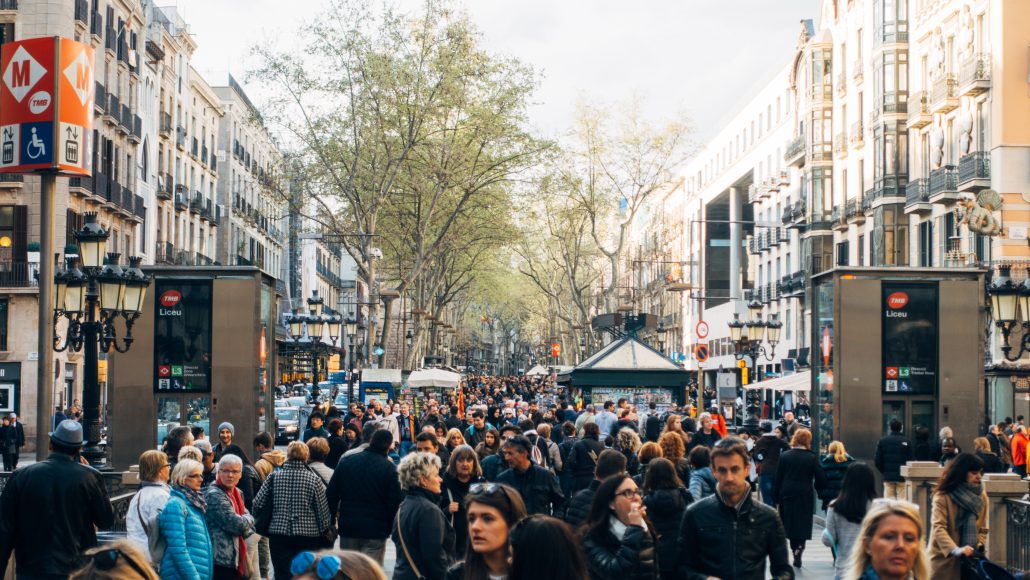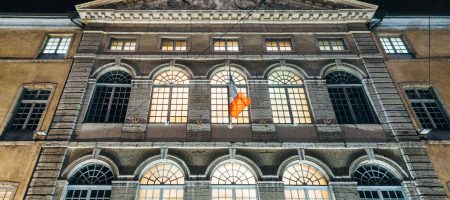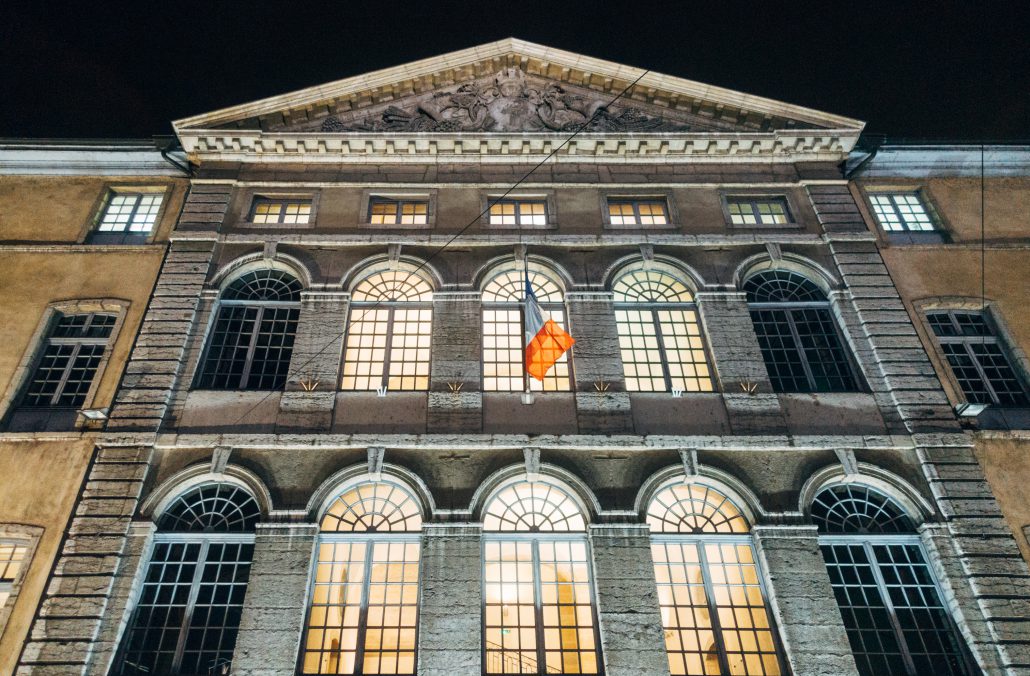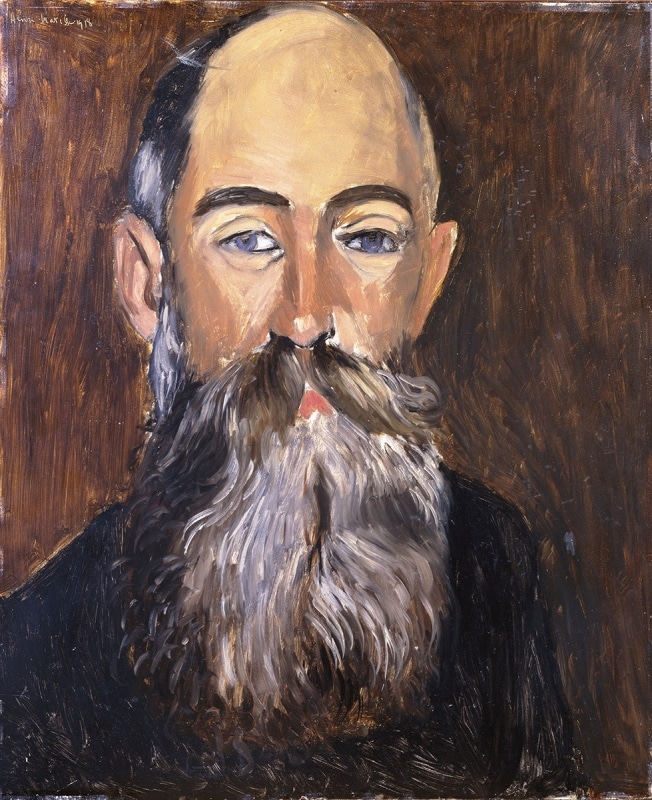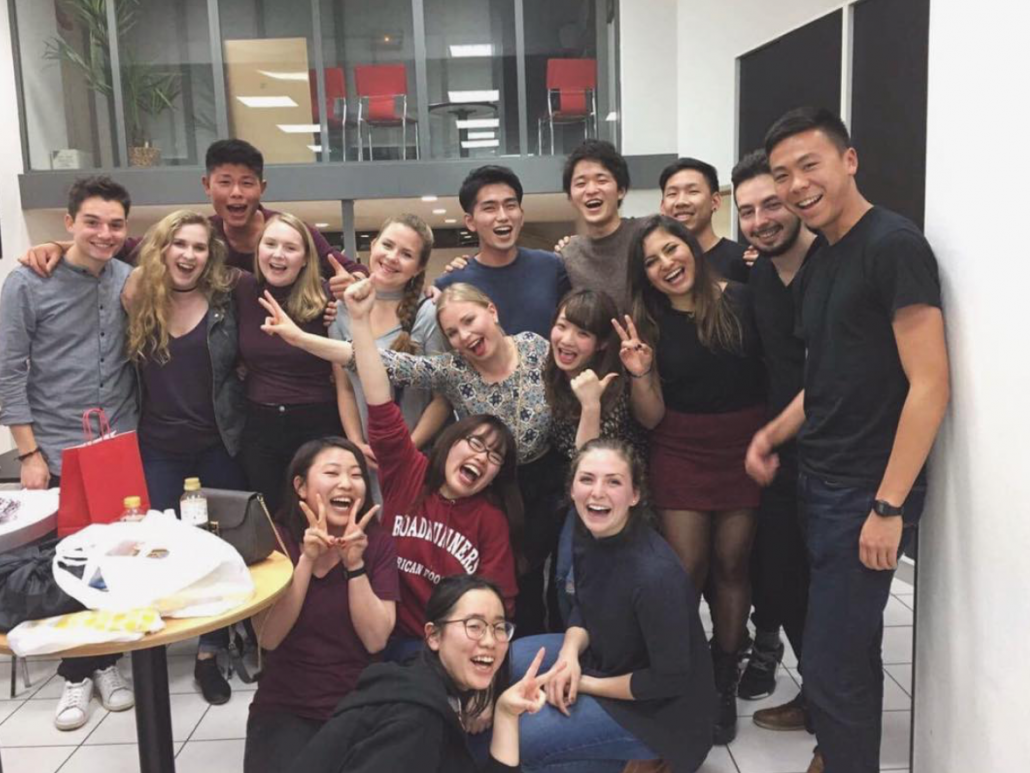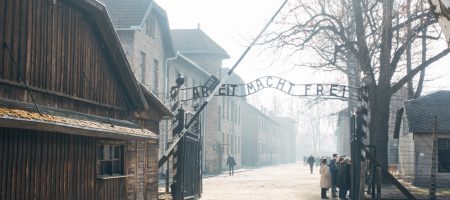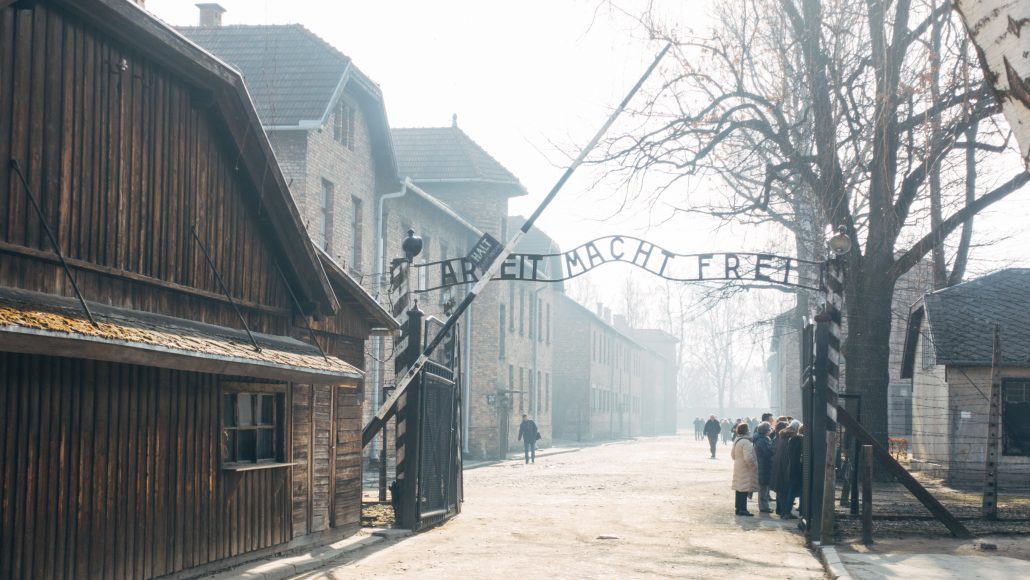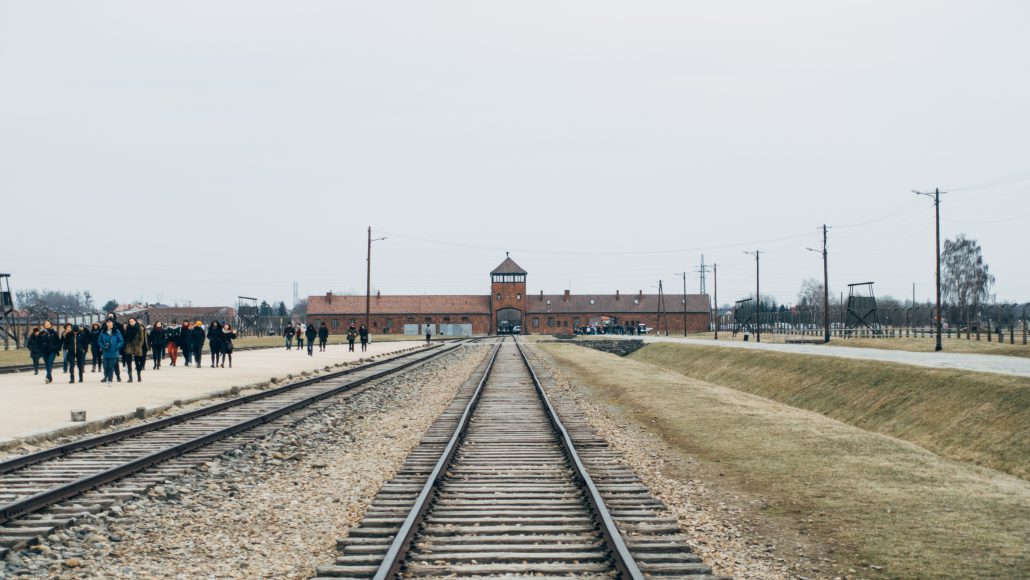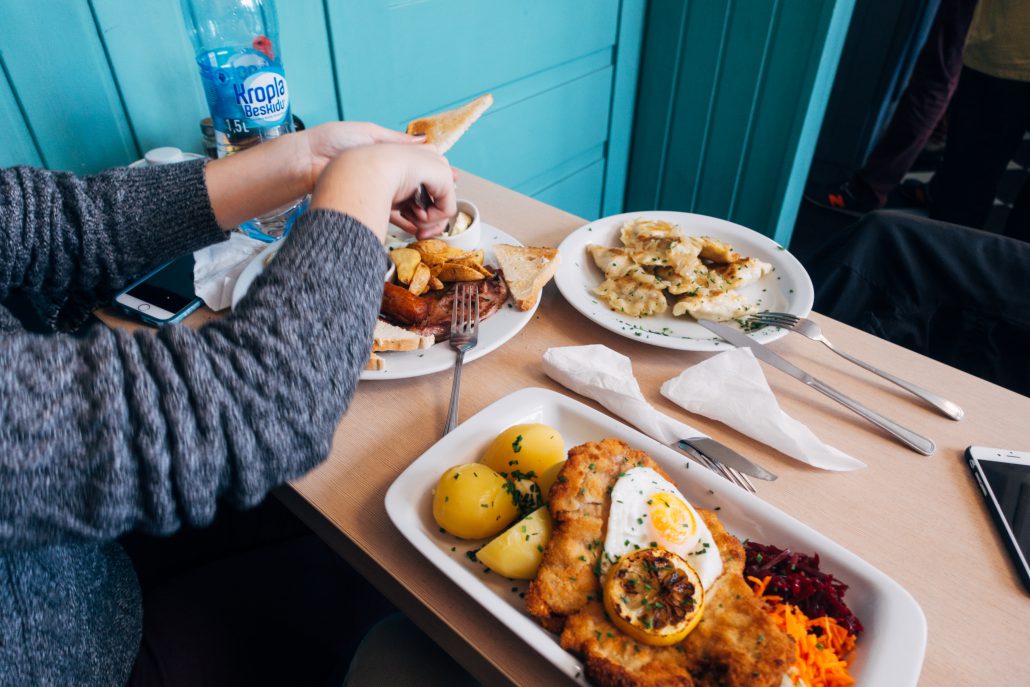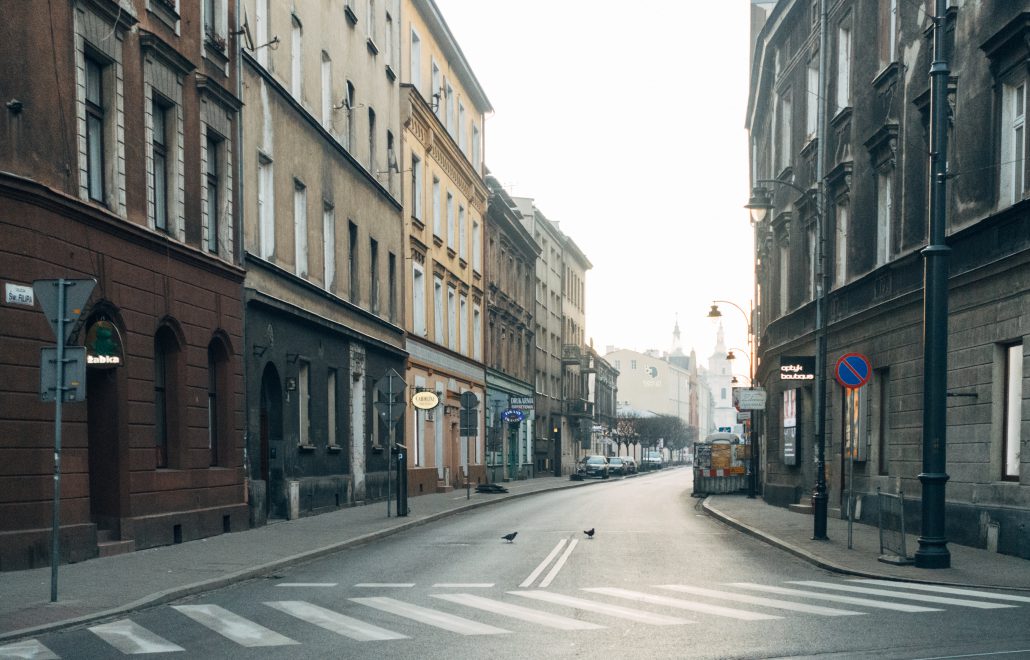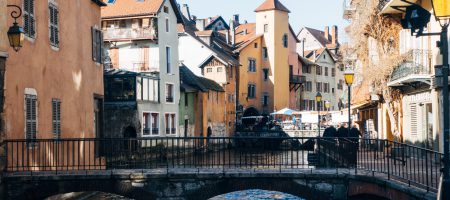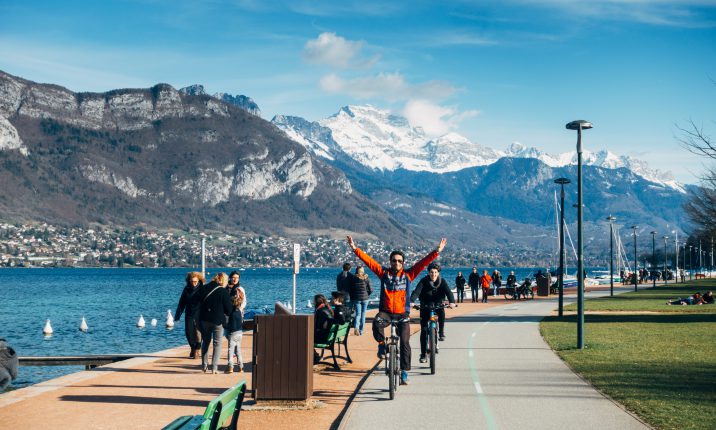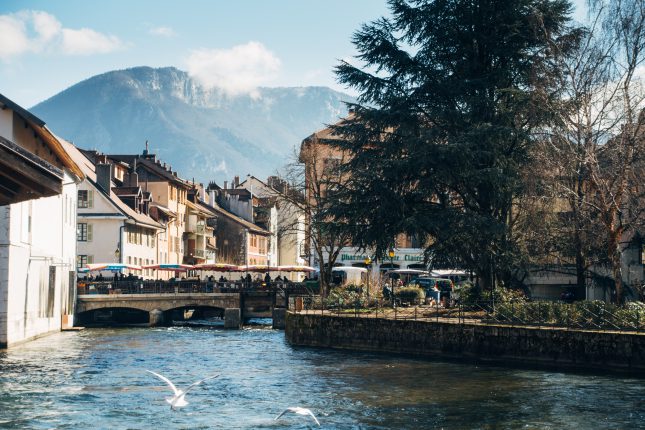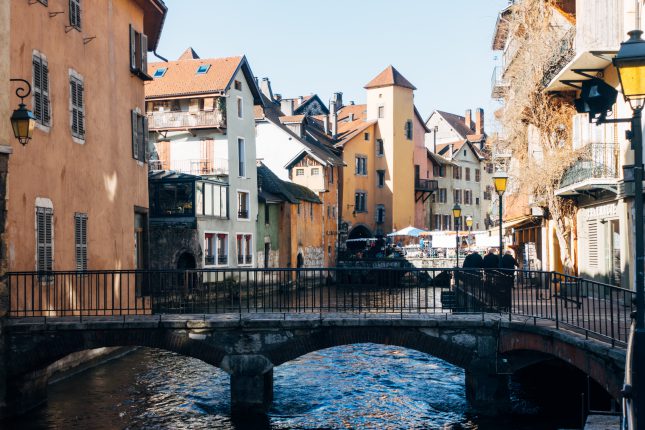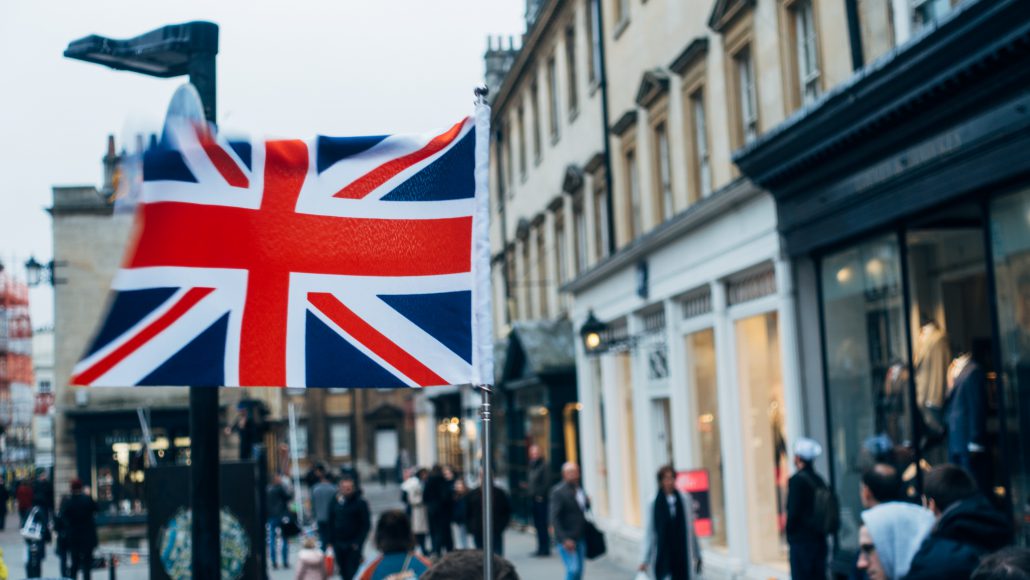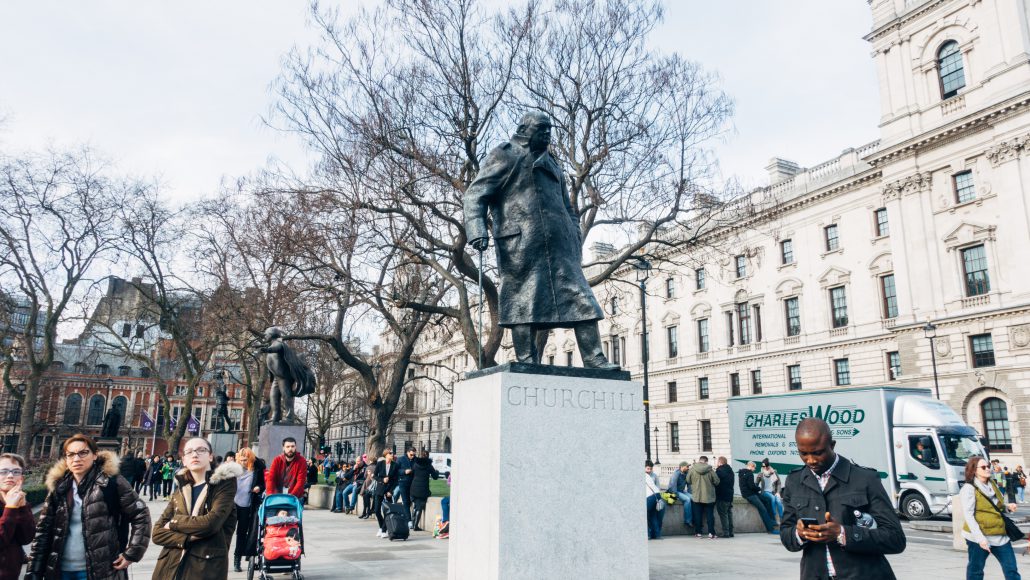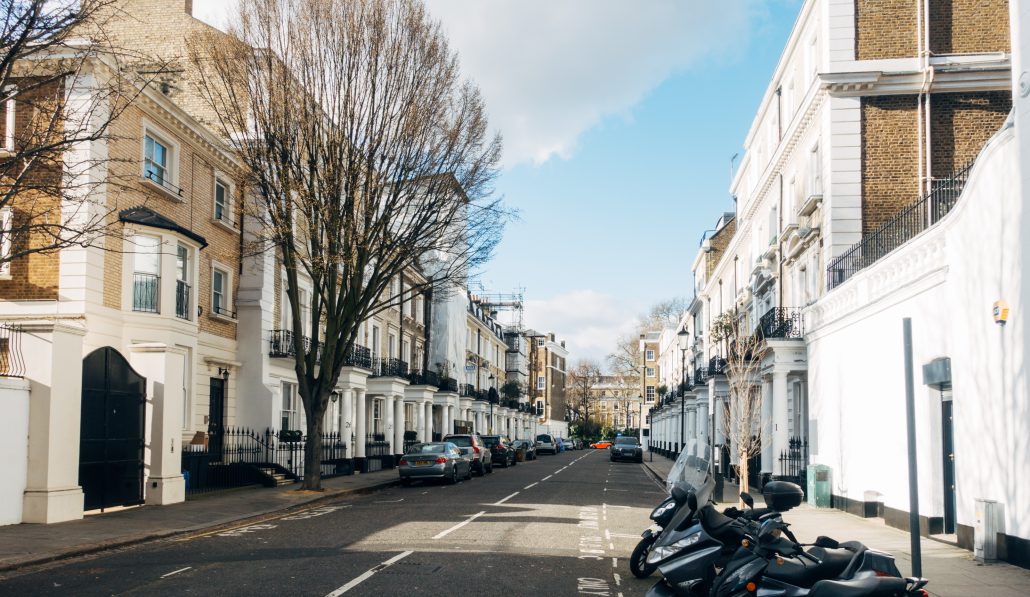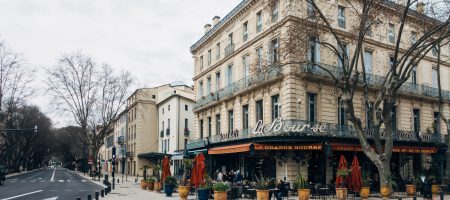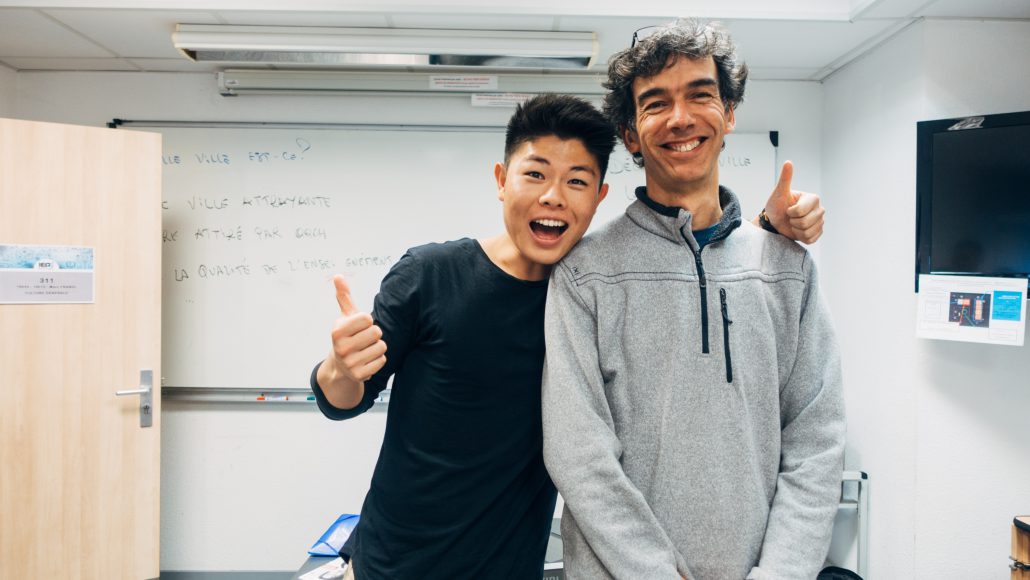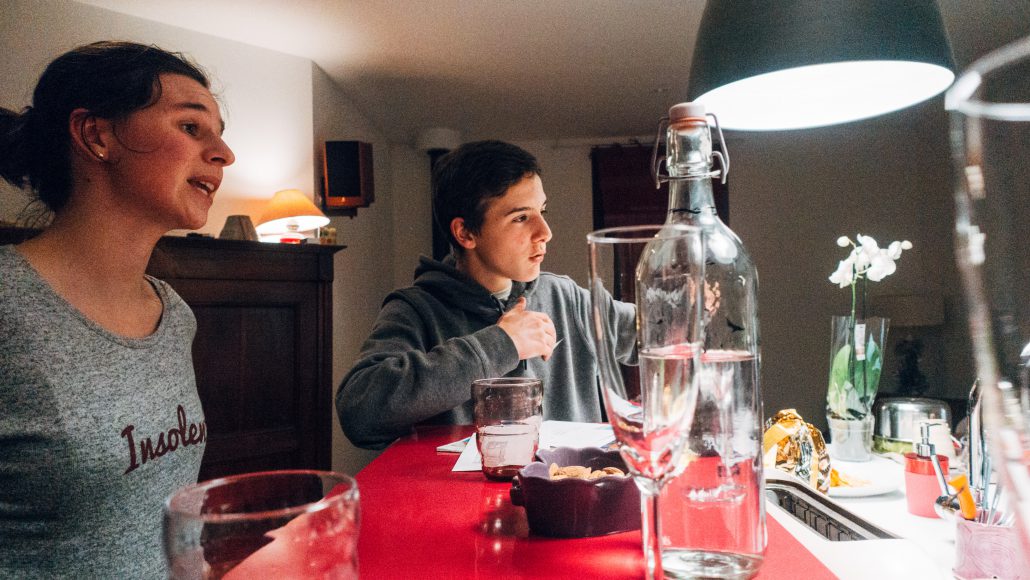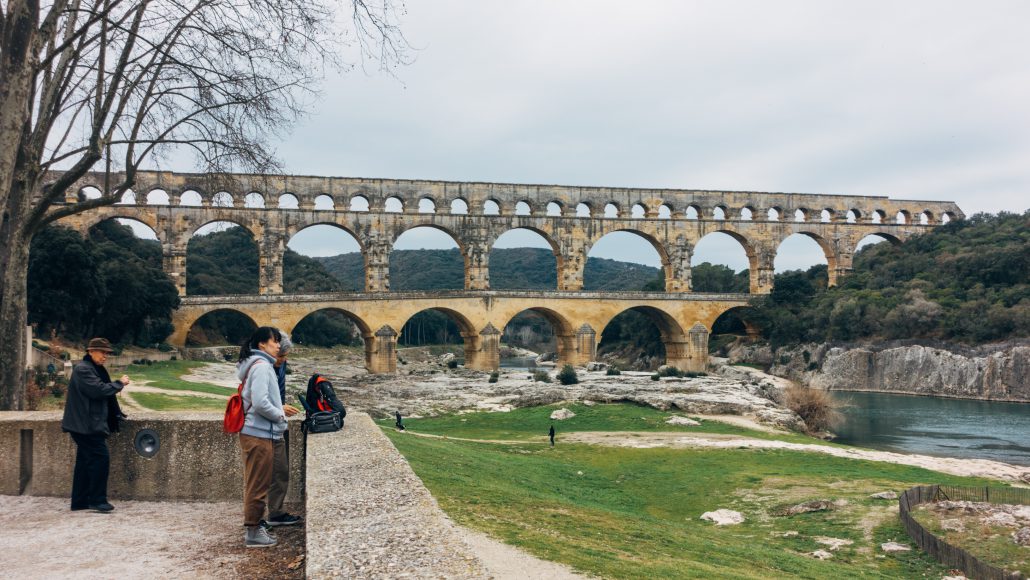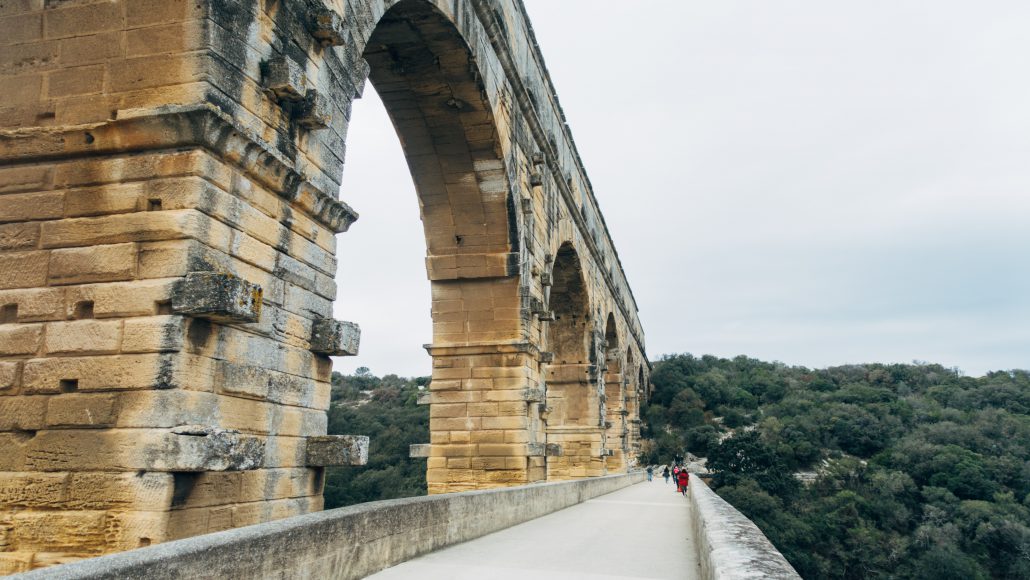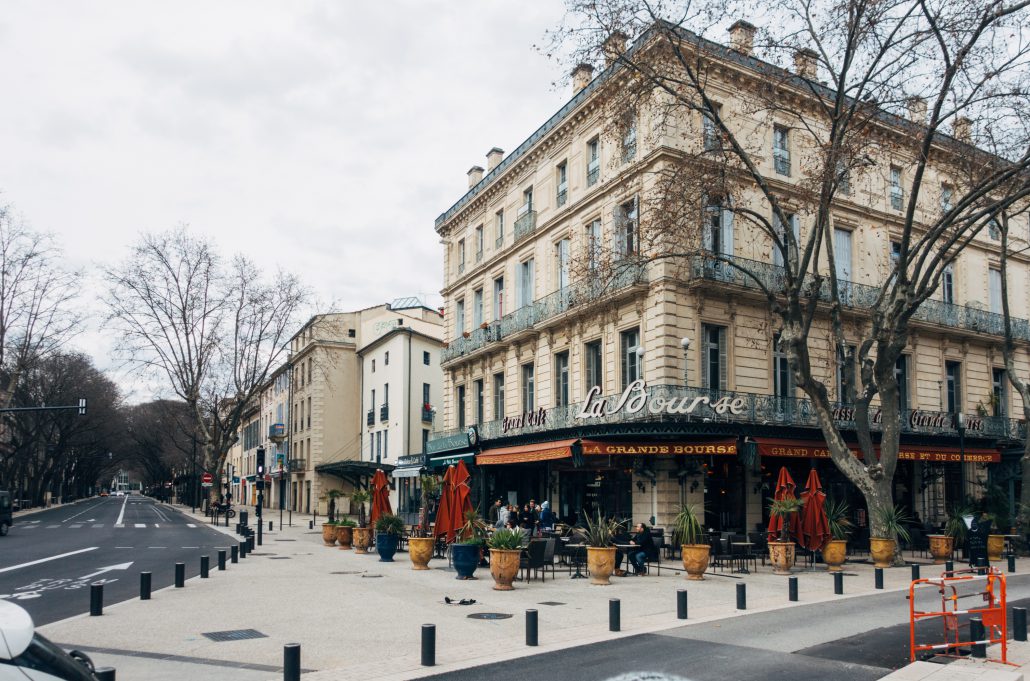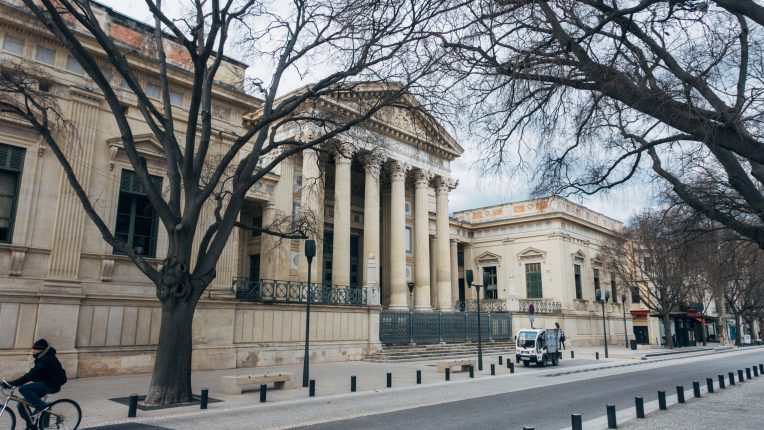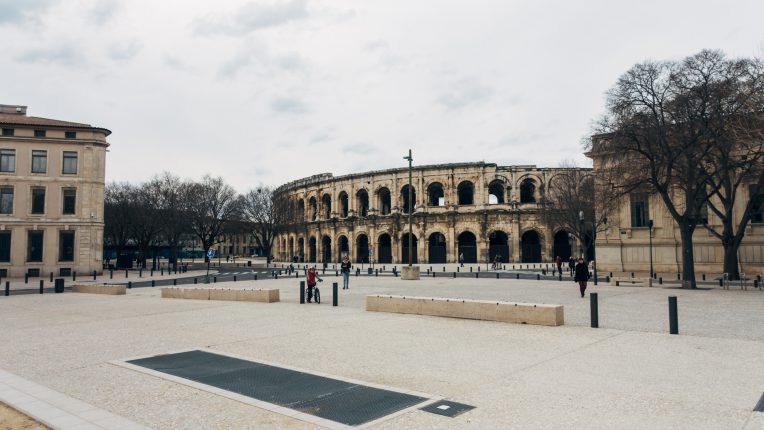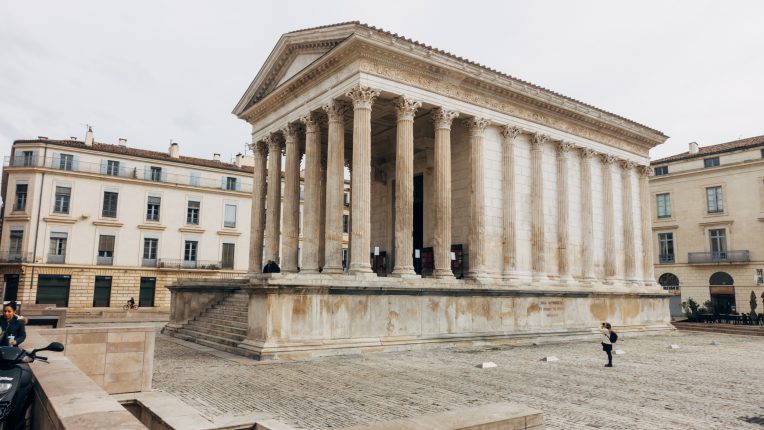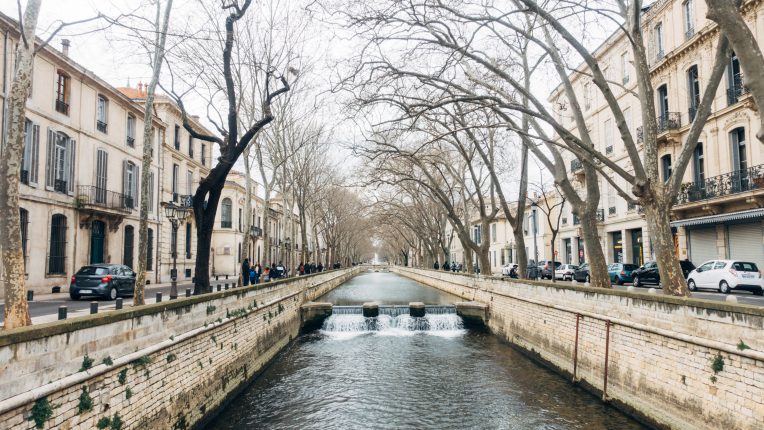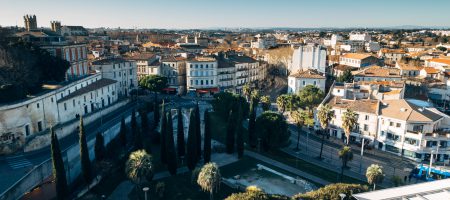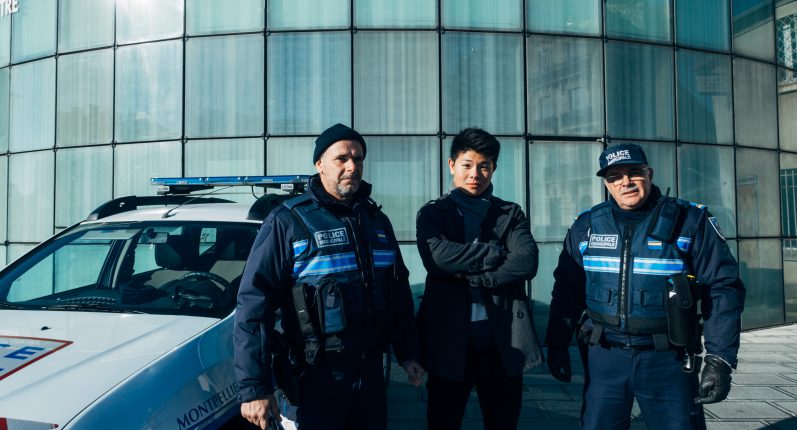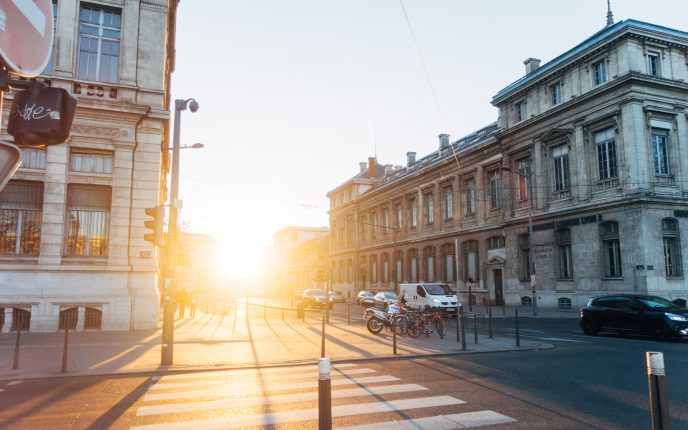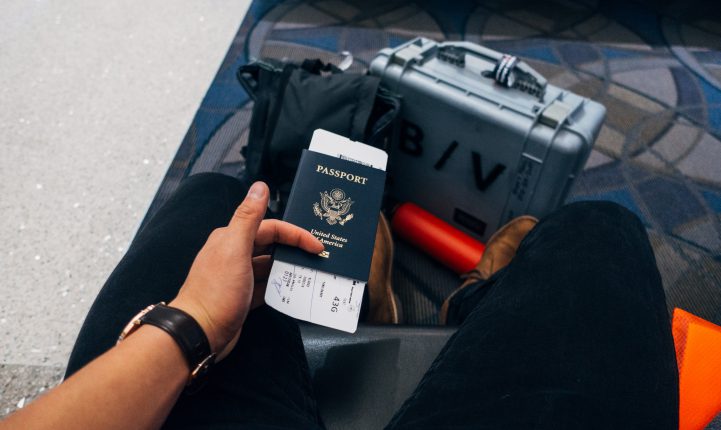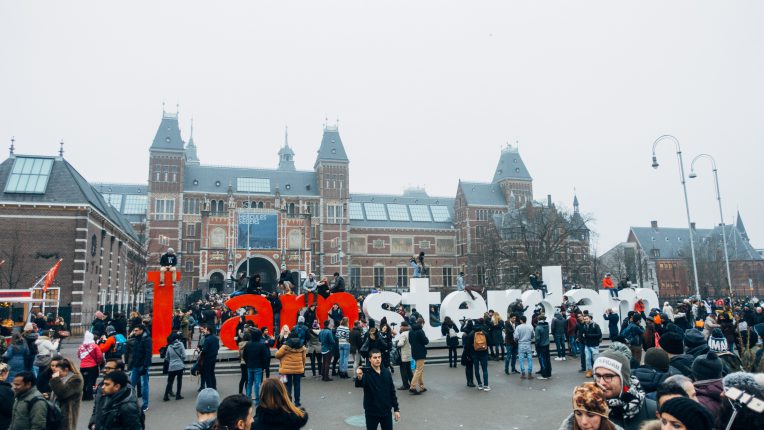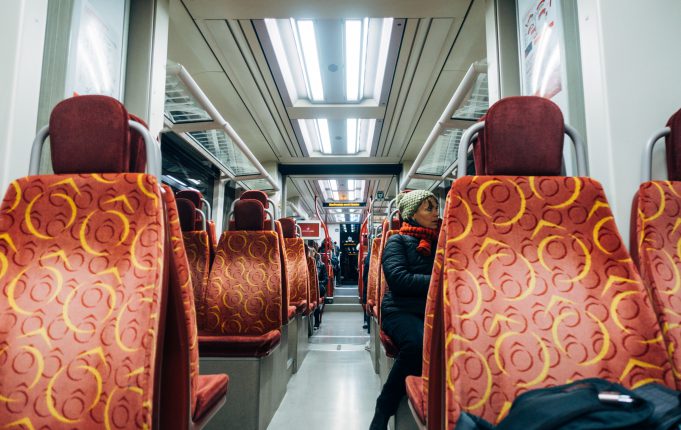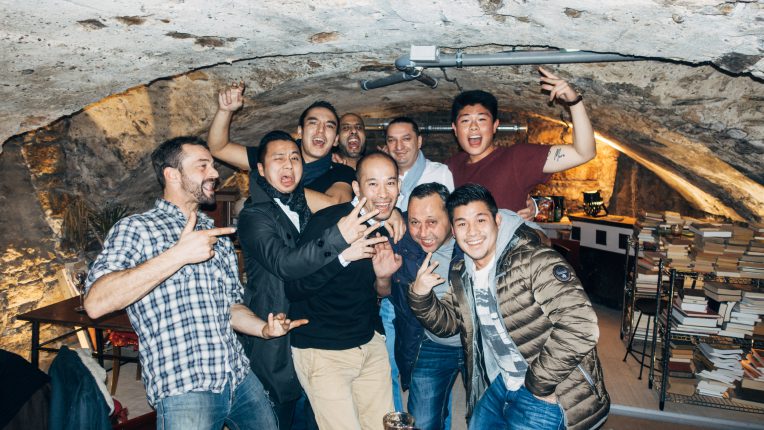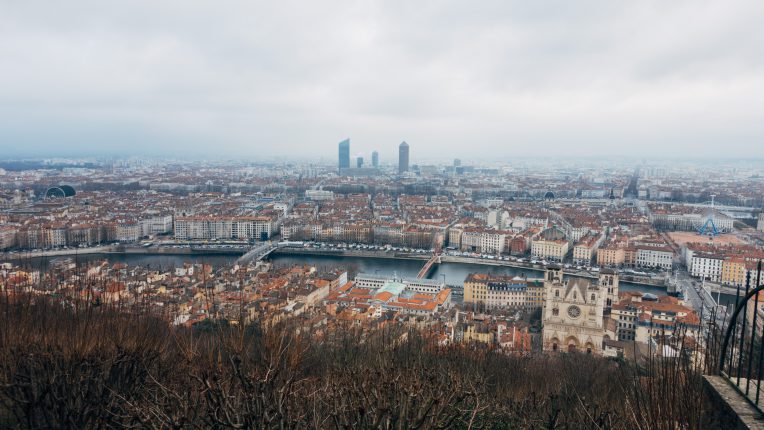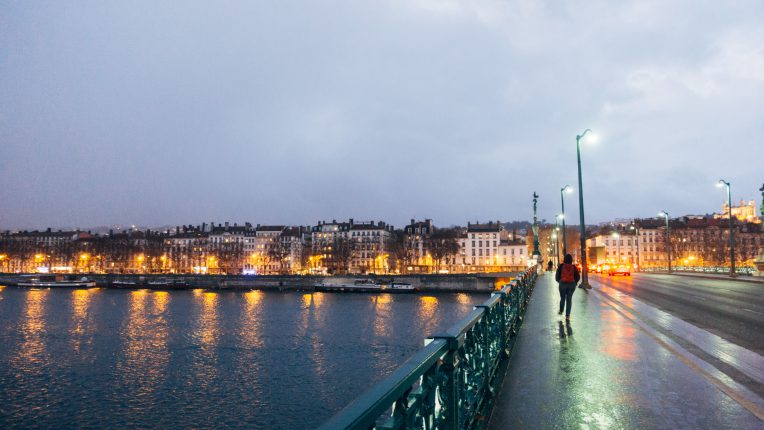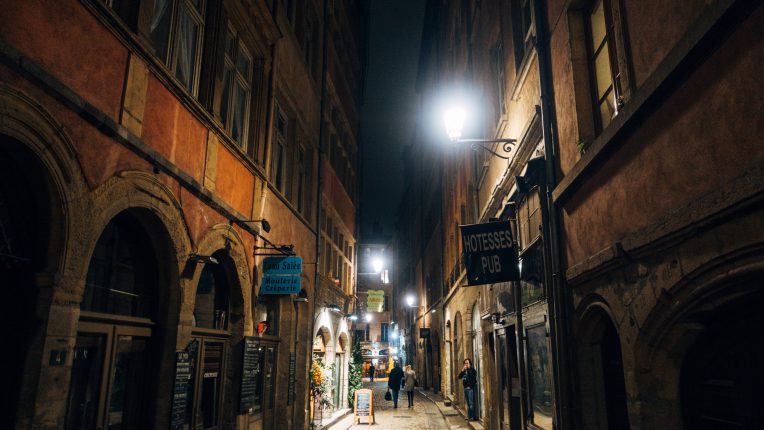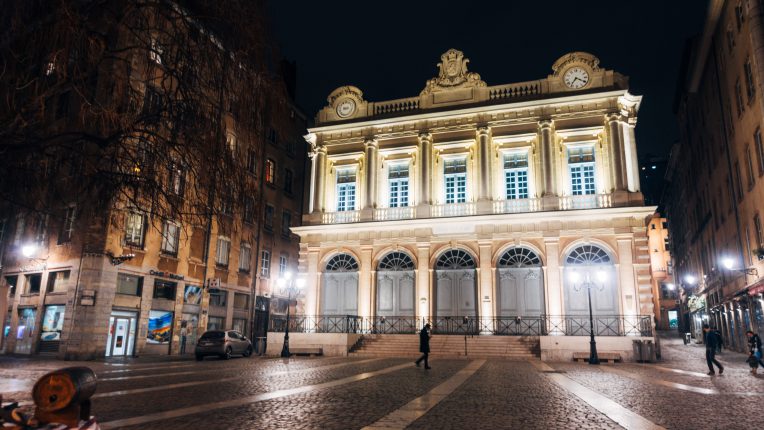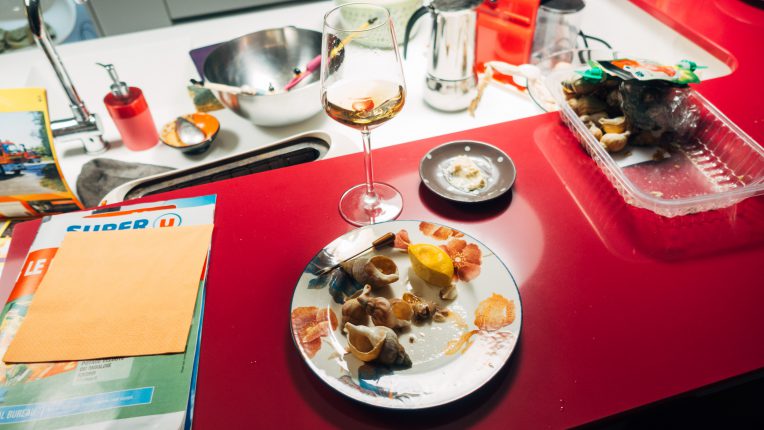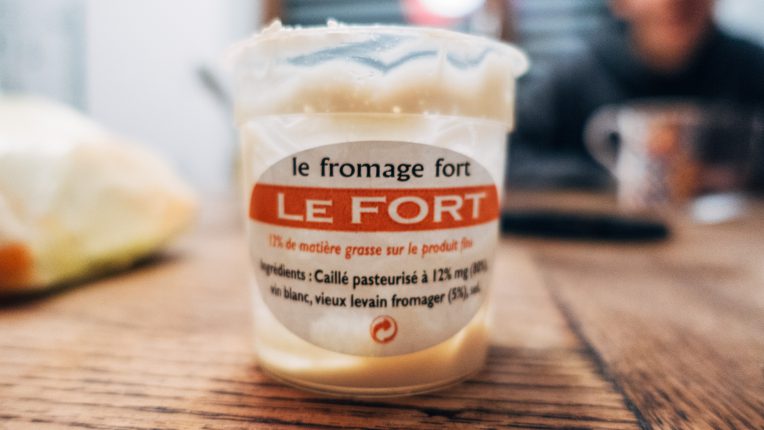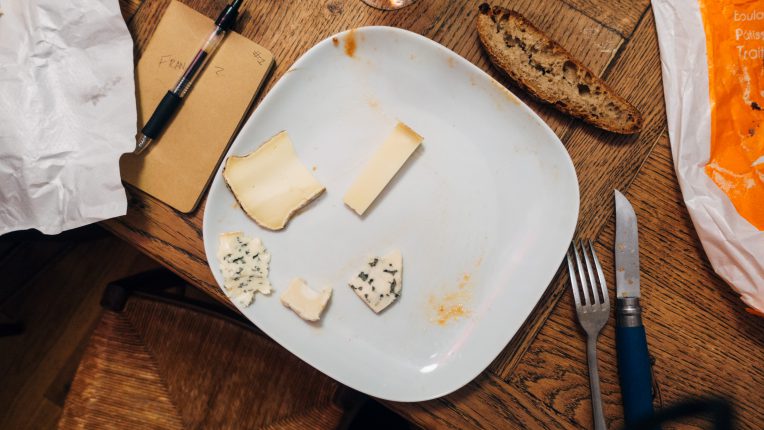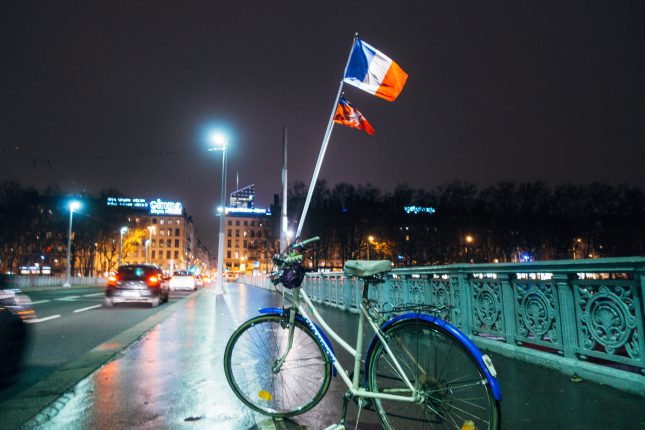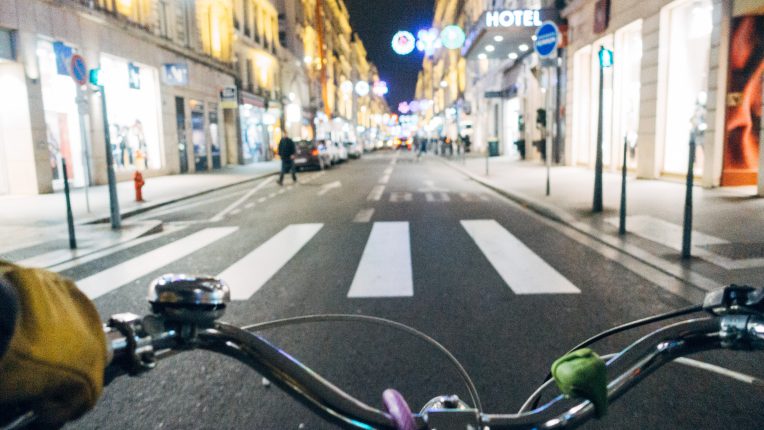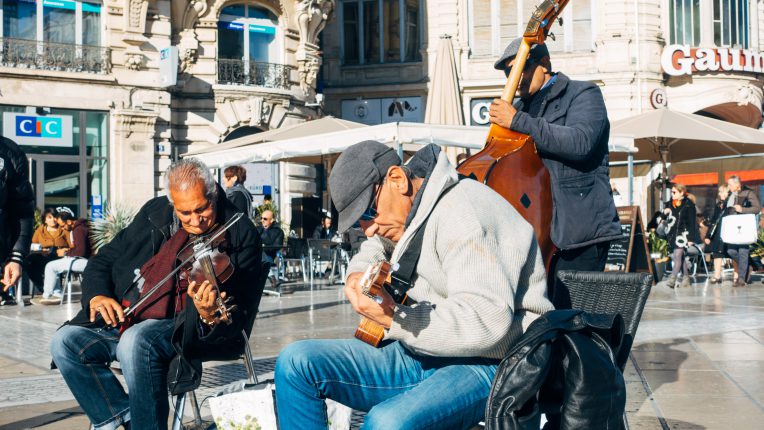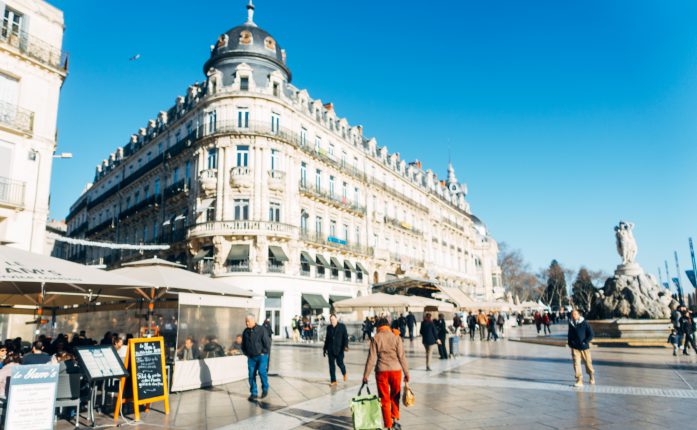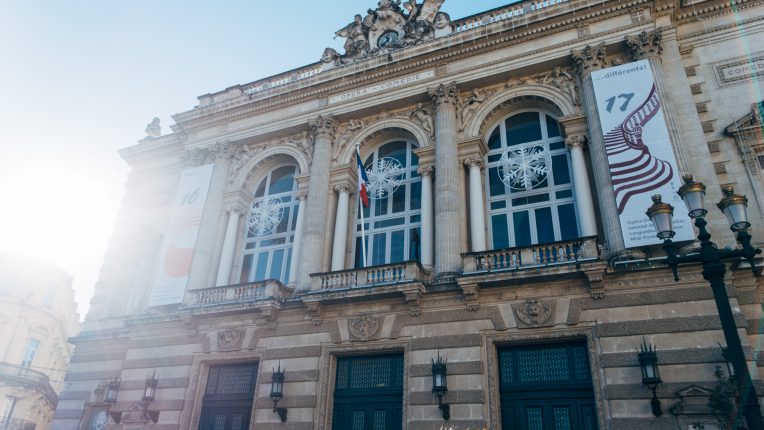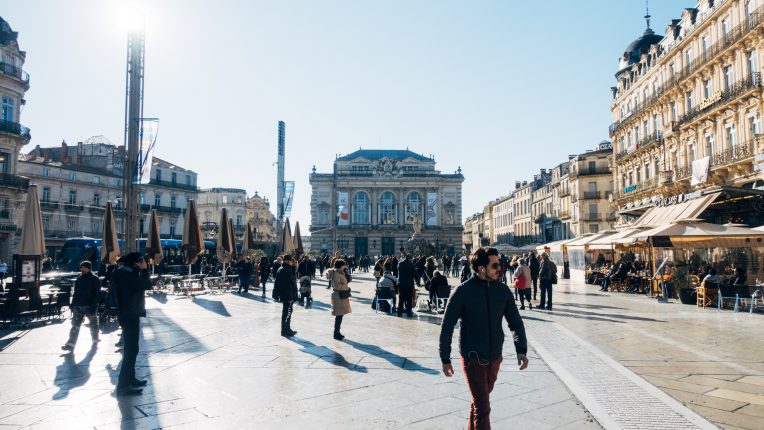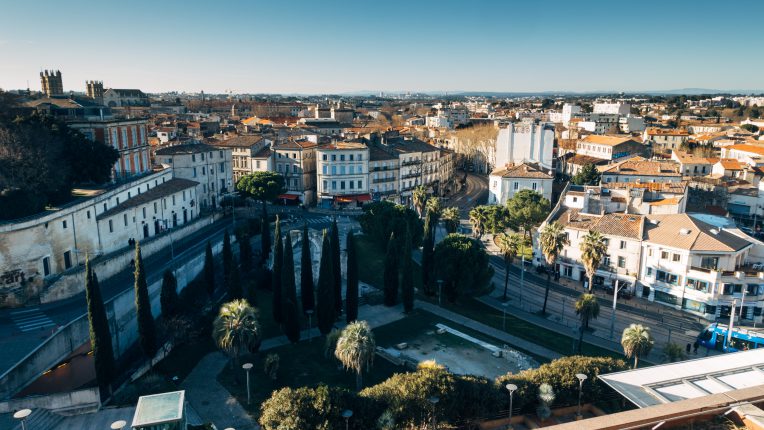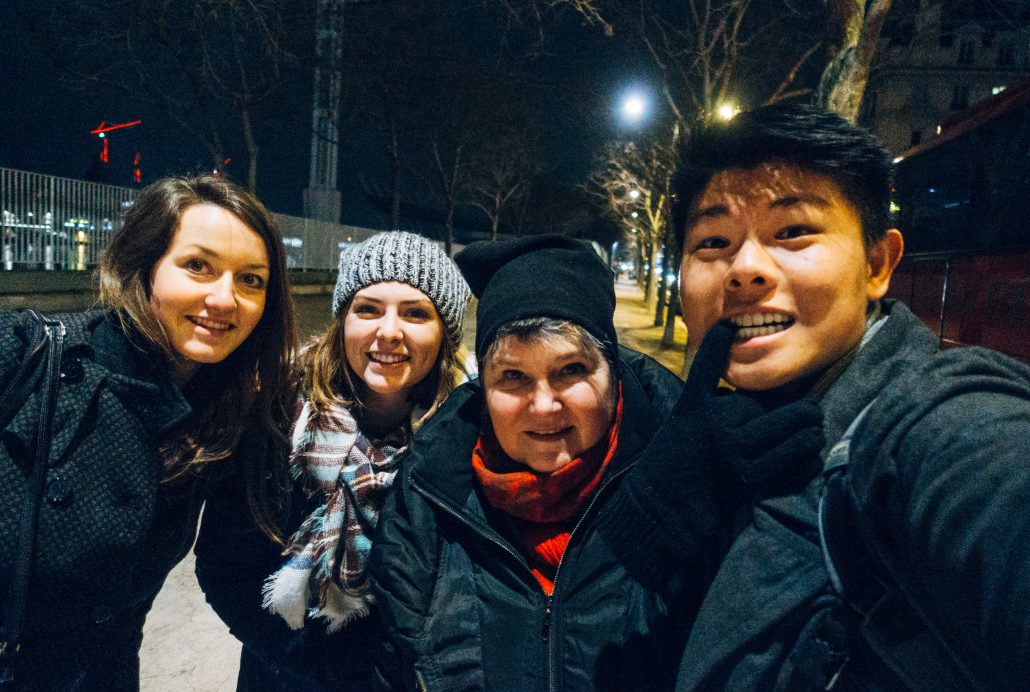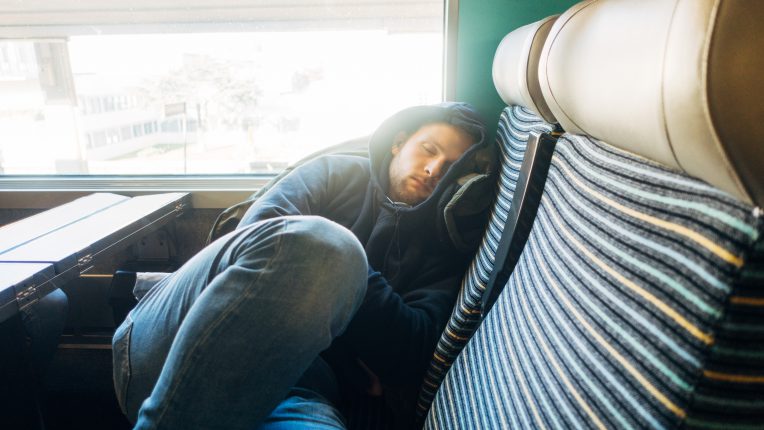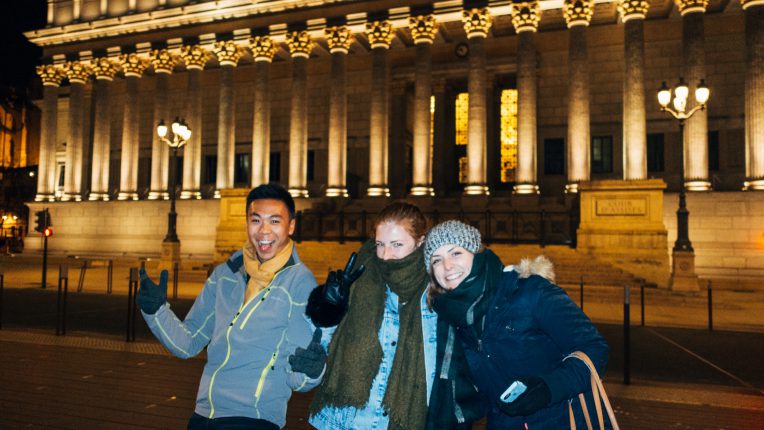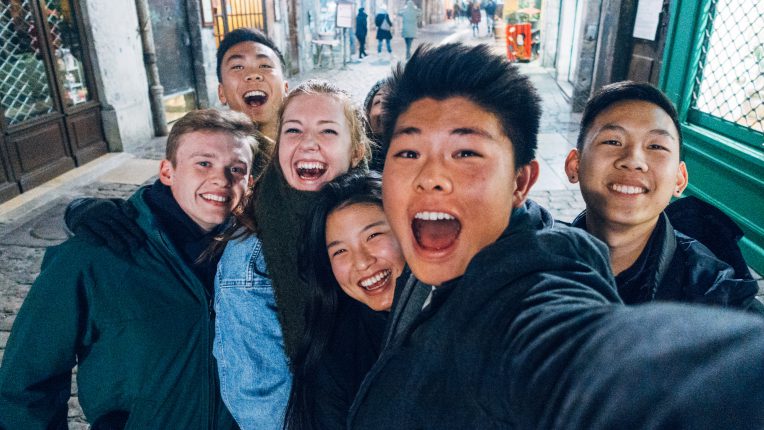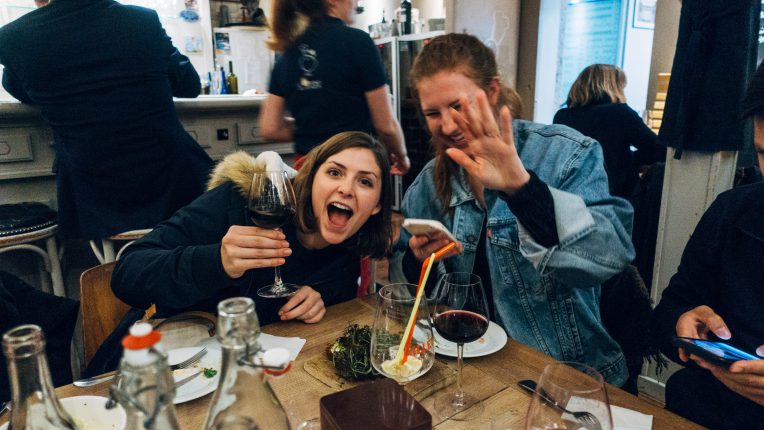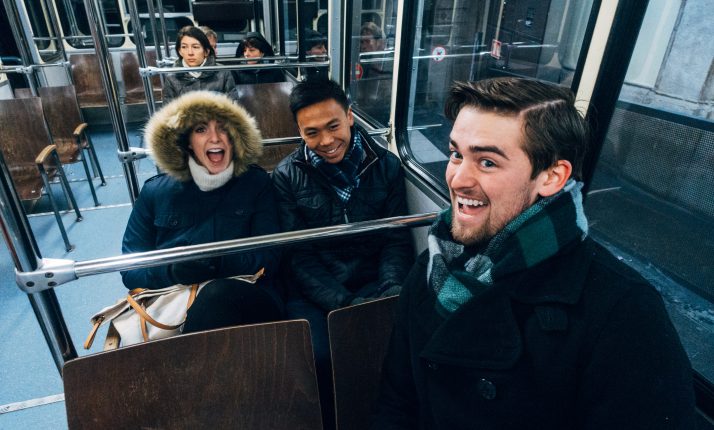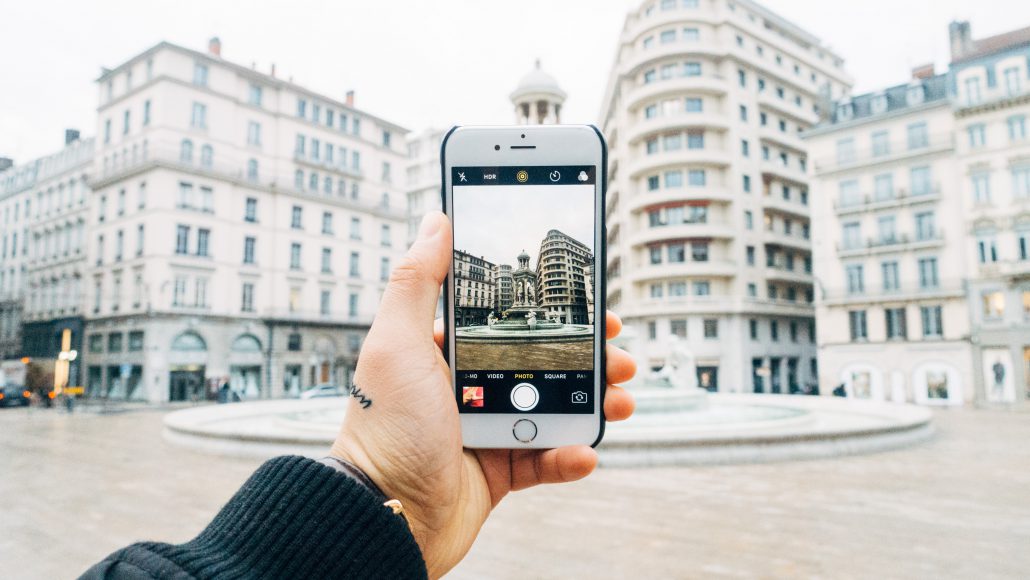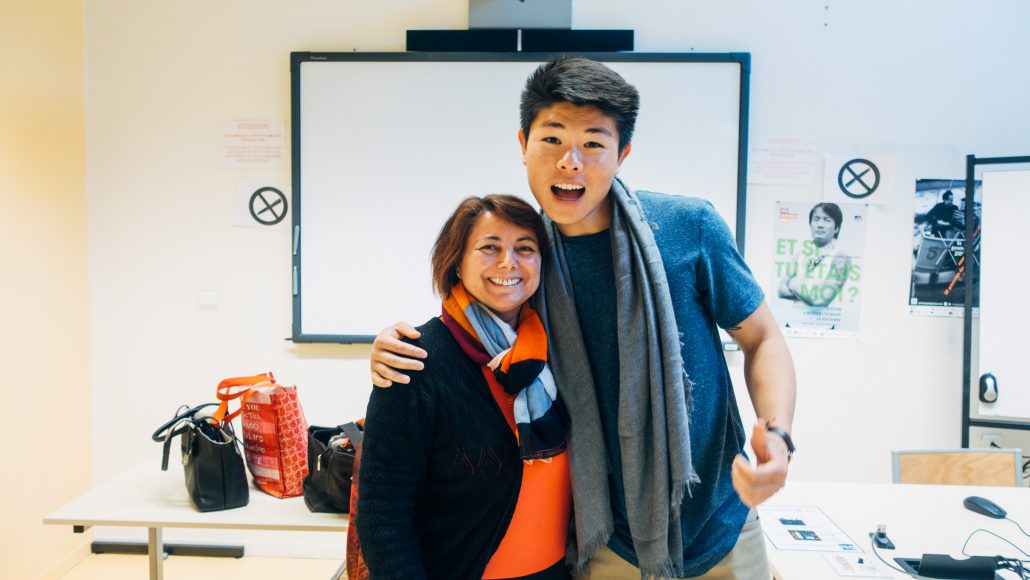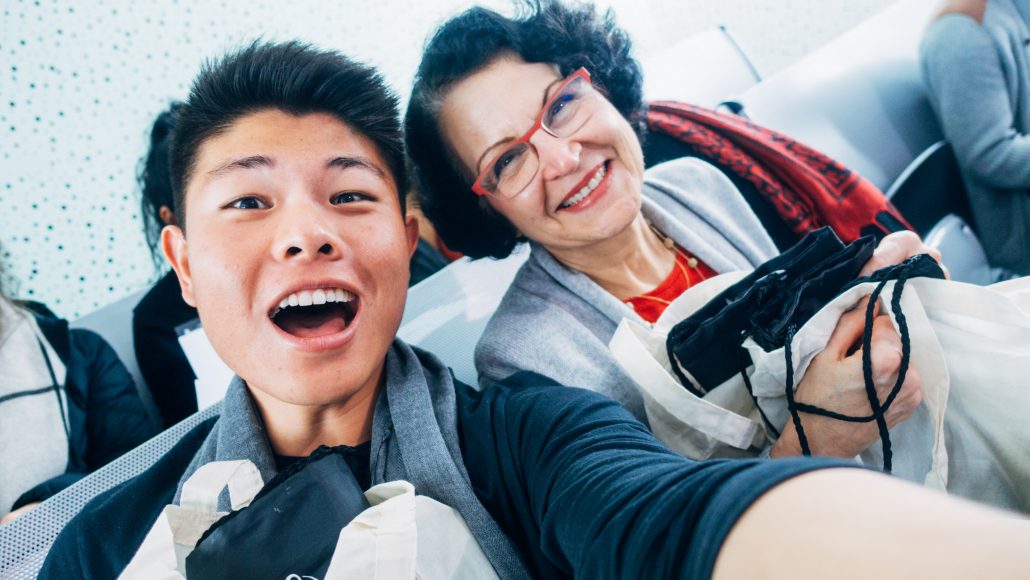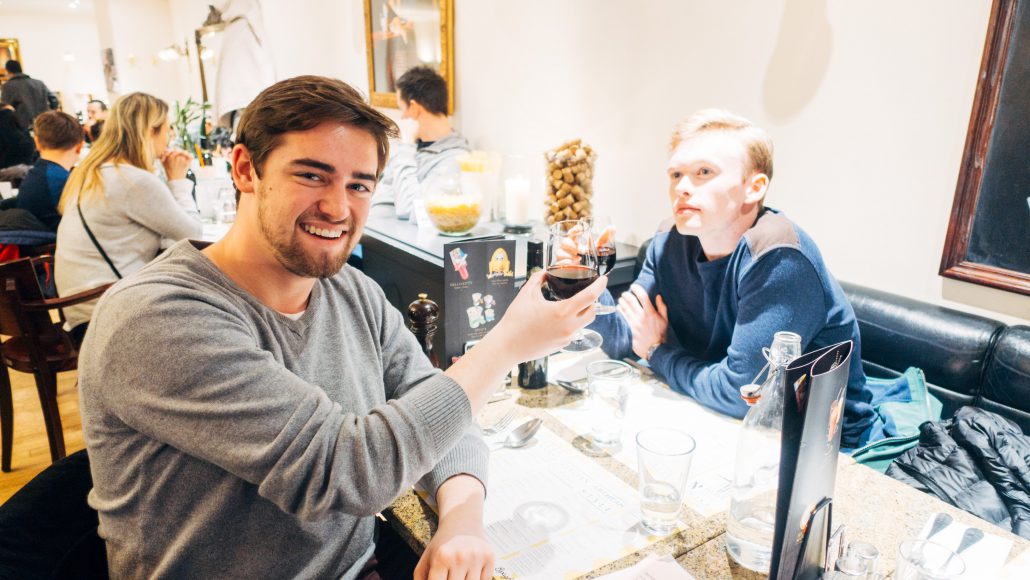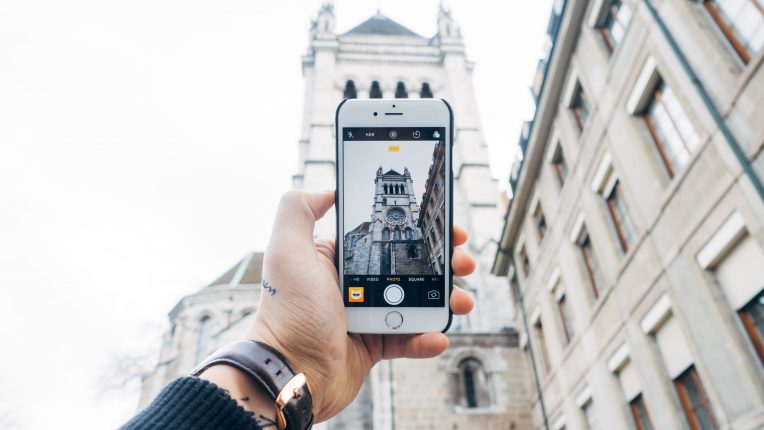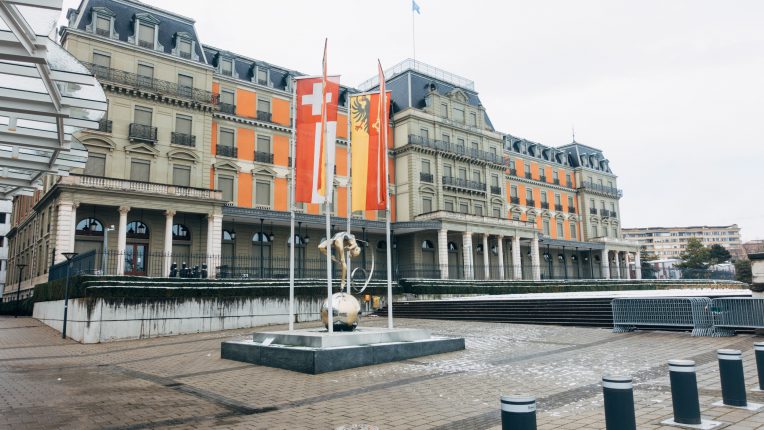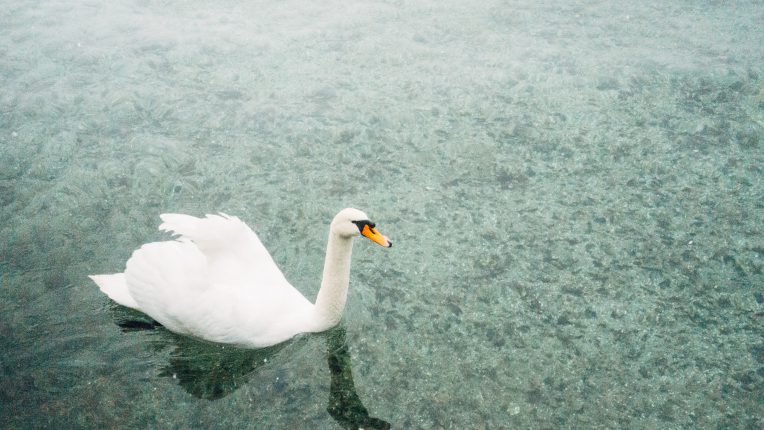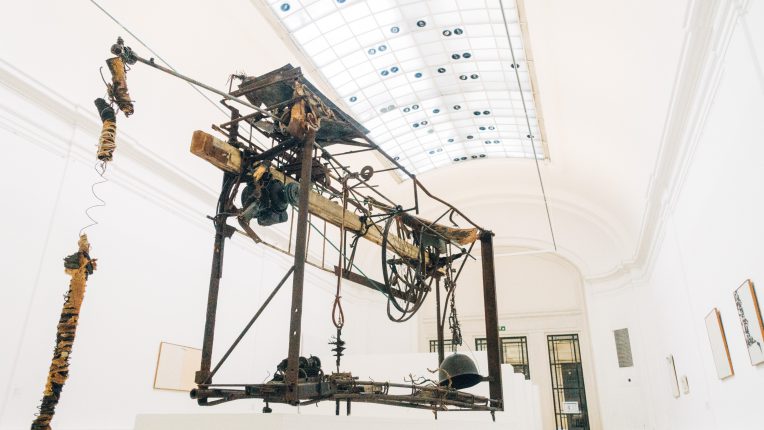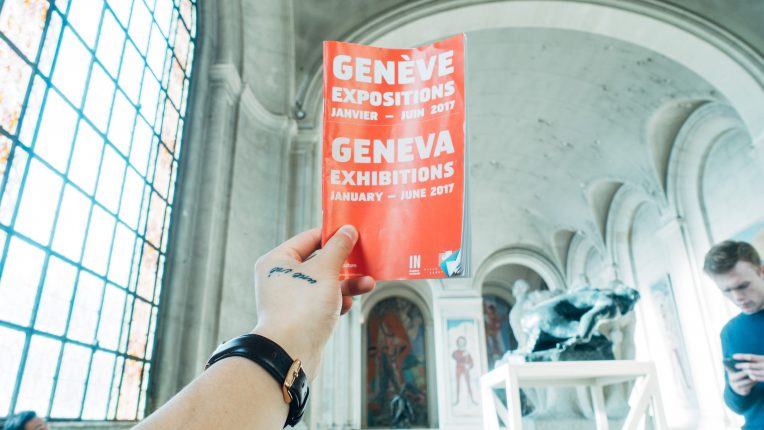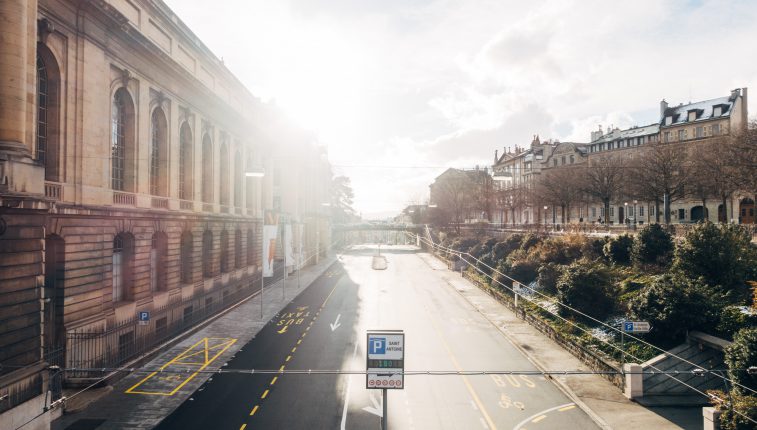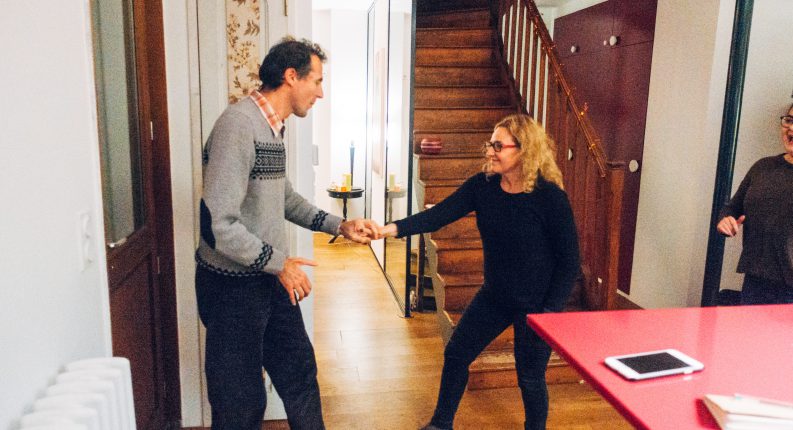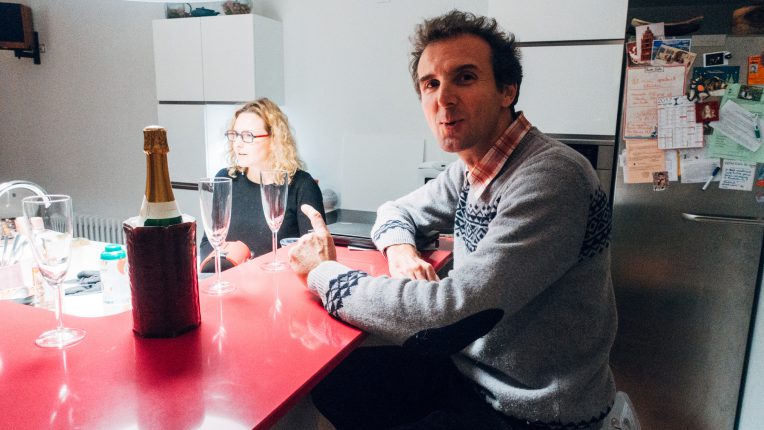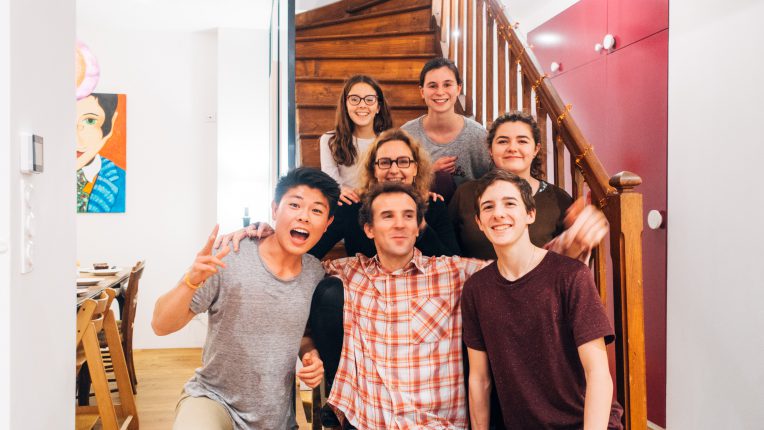France | An Idiot Abroad: Finals on Finals
By BARRY YANG
FINALS
This past week I officially finished all of my classes, with the exception of Political Islam which I still have a take home final for and Politics of Humor which just commenced. The final for Professor Porter’s Imperialism class was quite straight forward. He gave us a variety of questions to choose from for our in class final essay which allowed for a great of latitude in our responses. He also provided us the questions at the very start of our class so we had the whole duration of the course to prepare and research our answers. Needless to say the procrastination bug hit like it always does around finals and most of us waited until the week or even days before the exam to begin preparing our essays. The questions asked and the exam style were very similar to their counterparts in the states. You get a couple questions from which you pick one to write about. You are allowed two hours for the essay and you may leave whenever you want. I personally chose to write “to what extant did imperialism cause the fall of the Chinese Empire in 1911” and discovered some interesting primary documents that showcased the conditions of the era in very bleak and non-academic manner. Being of Chinese decent myself, I never really had an understanding of the effects of imperialism on China or exactly what caused the Opium Wars (other than of course the obvious Opium). Professor Porter’s class really spurred me to look more into my culture’s history and understand the nuances of the era. For a long time, in middle school and high school, we were taught that imperialism is bad and the “white man’s burden” was more destructive than constructive. Imperialism was blamed for the plight of many nations and attributed as the reason for some’s decline. However, through Professor Porter’s class, we were taught to look at things from a different perspective; to engage in the question of imperialism from a not so black or white angle, but more so a grey one. Yes imperialism created many problems in the nations that were imperialized and yes imperialism produced devastating consequences, but it would be inaccurate to say that was all that imperialism did. It would be shortsighted to say that imperialism was purely bad, because there are moments of good and progress that were generated as a result of imperialist activities. Not all locals suffered and it was not always just the imperialists wreaking havoc. As through seen through China, the national government played a key role in the empire’s downfall and imperialism only highlighted the empire’s shortfalls but did not directly induce its fall. Professor Porter stressed to us the need to examine primary sources from both sides, the imperialists and the imperialized, and that imperialism cannot be blankly categorized as good or bad for all situations.
Our final for the Justice and Democracy was much more different than our final for Professor Porter’s class. The final for the former involved a group presentation where we picked a topic of our choosing and applied the theories we learned throughout the term to the topic. I was in a group of four with my girlfriend, Anna (fellow American), and Tom (our hilarious German friend). We focused on overpopulation and utilized the theories of Habermas, Sen, and Schlosberg to discuss the economics, environmental implications, and social effects of overpopulation. Our presentation was over forty minutes (as requested by Professor Sophie) and essentially a student lecture for the class. Although we were all a bit stressed the moments before the presentation, everyone did an amazing job and the professor was very pleased with what we had to say. The presentation was a great way to end the week of finals and my girlfriend and I hopped on a train bound for Italy the next day.
ITALY
After finals, our week of break of began. For ten days my girlfriend and I planned to go to Milan, Florence, Rome, and Venice. At the time of writing of this blog we are currently in Florence for Easter Sunday.

Unfortunately I was sick in Milan (although we were only there for a day because it was the cheapest place to travel from in Italy) so we did not see much other than the Duomo, gelato, and a weird Chinese-Italian combination restaurant. It was such an amazing sight to see a Chinese chef making a pizza while another cooked up some Chow Mein.
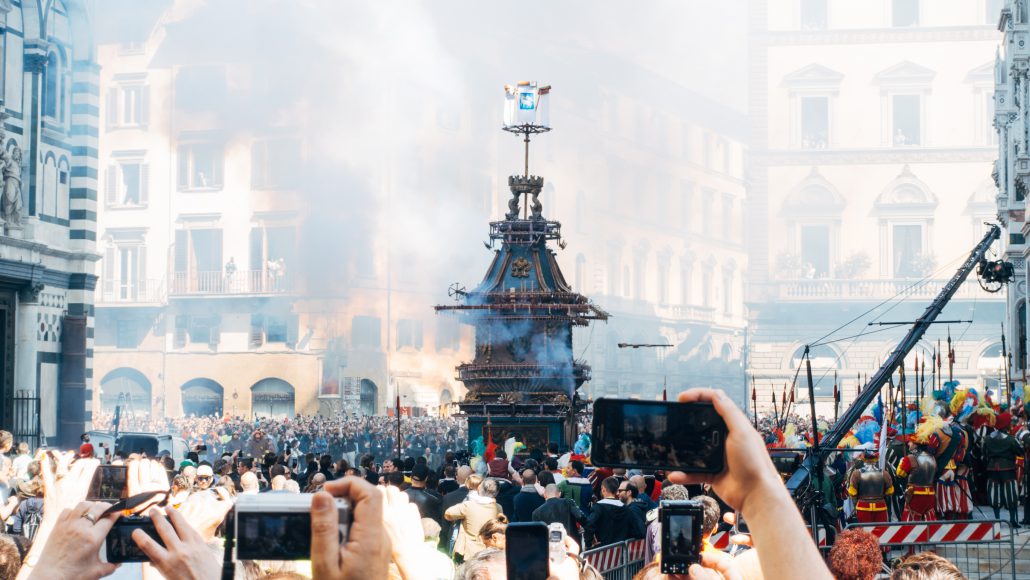
This morning in Florence we got to see the Explosion of the Cart right in front of Santa Maria Del Fiore. It was a magnificent sight and a ton of people from all over came to see it. We managed to finesse VIP tickets from a nice Italian man and got real up close and personal with the fireworks. Never have I seen so many tourists and selfie sticks in such a small area. Today is our second day in Florence and it has been much better than the first. Yesterday my girlfriend and I, along with a German couple, were unfairly fined by the ATAF controllers for riding the bus “without a ticket.” Upon arriving in Florence we asked multiple individuals where to purchase bus tickets, everyone said you can just buy them from the bus driver. When we got on the bus the driver said something in Italian and motioned that he did not have any tickets and waved us back. We thought that this meant it was okay…but apparently not. After about two stops, two men dressed in plain clothes got on the bus (these were the employees of the public transport system). They specifically only went up to my girlfriend and I as well as the German couple to check tickets because we had luggage with us. Needless to say none of us had tickets because the driver did not sell us any. We were then forced off the bus where they issued us tickets and said that the fine could only be paid in cash. When asked if we could pay later today they responded that their offices are closed on Saturday and Sundays and paying on Monday would be more expensive (I later called and found out that their offices were actually open on Saturdays). When we tried to explain them our situation and that we simply did not know where to buy the tickets because there was no machine or advertisement, they responded with “you buy ticket at tobacco shop” and words in Italian that no one understood. There is absolutely no way for tourists who just got into Florence to know that you buy bus tickets from tobacco shops without prior research. This experience was a lesson that taught us that we definitely need to do more research about new countries. However, the Florentine system is also rigged because after speaking with the local workers at our hostel they said that the controllers specifically target tourists because the majority of them do not know that tickets are sold at tobacco shops.
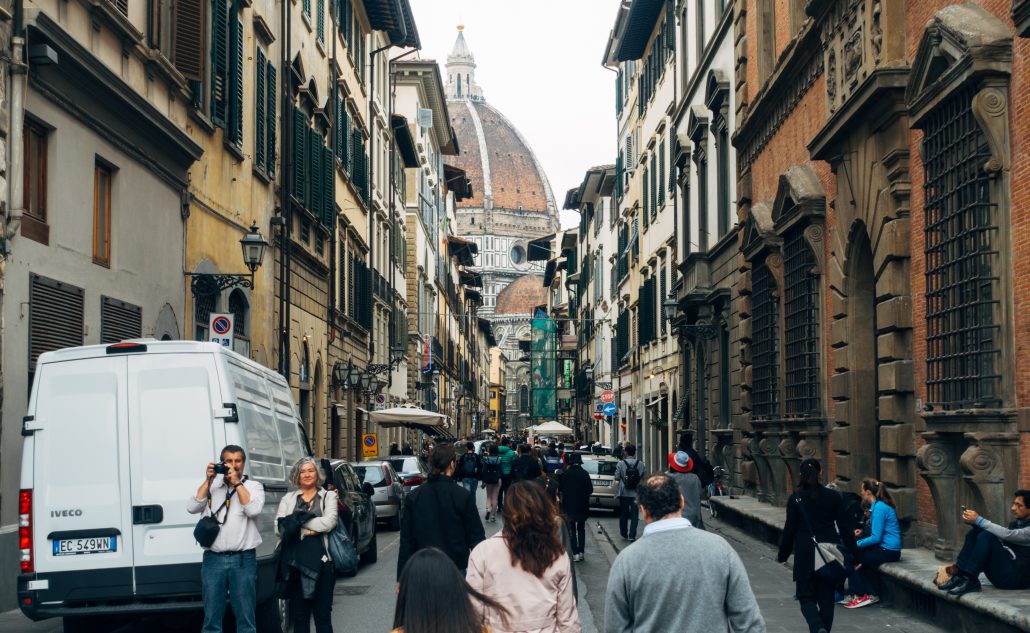
All in all, the trip thus far has been great despite the tickets. It was a definite learning experience and we will proceed through the rest of Italy’s public transport with much more caution and information.

Barry Yang studied abroad in Lyon, France, in Spring 2017: http://eap.ucop.edu/OurPrograms/france/Pages/default.asp


